There is no quick fix to protecting towns and villages from future flooding, Angus Council leader Beth Whiteside has warned.
Areas of Angus worst-hit by Storm Babet earlier this year remain damaged and it may be months before some Brechin residents can return to their homes.
But with flooding and extreme weather becoming more frequent, how can communities protect themselves in future?
Ms Whiteside said leaders must look for the best solution, not the quickest.
“If you’ve lived in an area that’s suffered that sort of precedent, where do we go from here, what do we do?” she said.
“The flood defence is there but it didn’t work this time.
“It was designed for a one in 200 event – is that going to happen again? Indications are it will.
“Over the last three years, we’ve had three of the highest rainfalls in the last 100 years or since records were started – so the trend is going in that direction.
“Do you keep building walls higher and higher, you have to look more realistically at the whole system.
“You can’t have a knee-jerk reaction to an event like this.
“It’s about finding the best solution, not just the quickest solution.”
Council leader stands by response
Brechin was one of the worst hit areas when the Storm Babet battered the east coast of Scotland – leaving hundreds of households flooded.
The council came under fire due to mass confusion about when – or if – areas of Brechin would be evacuated.
UK TV stations, having apparently been briefed by authorities, made announcements on Twitter, rolling news coverage and mobile phone updates, saying hundreds of residents would be removed from their homes.
But this could not be confirmed by the council leader or press office at the time.
However, the council leader stood by the efforts of staff during and after the storm.
“I really can’t fault the way that the council reacted,” said Mrs Whiteside.
“The thing that some people miss is the flood defence was designed for hugely high levels of water – and what we got was unprecedented – it was over all predictions that were in place when the scheme was designed.”
Vote of no confidence
An unsuccessful vote of no confidence was held in the council leader and her administration due to criticism of their response.
Mrs Whiteside branded the vote “disappointing” and “political opportunism”.
“I don’t think there is anything to be gained from being at each other’s throats all the time,” she added.
“I think you get you get things done if you work together.
“I hope that we can go past this and carry on in a more pro-active way – but we can only do what we can.
“I don’t like conflict, I like to work through issues.”
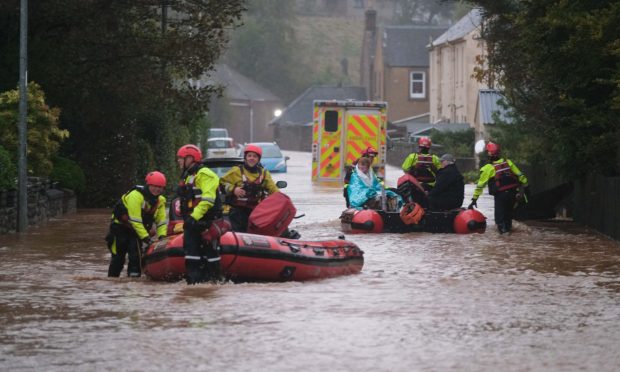

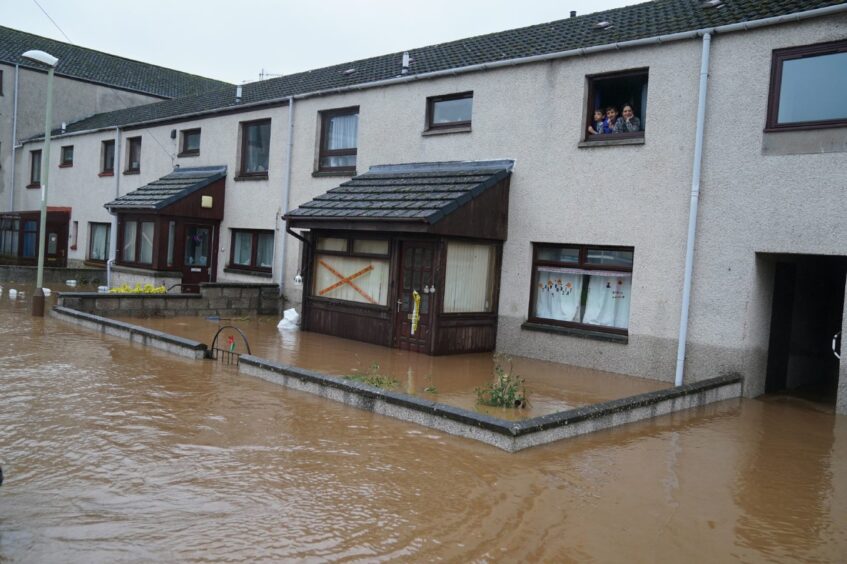
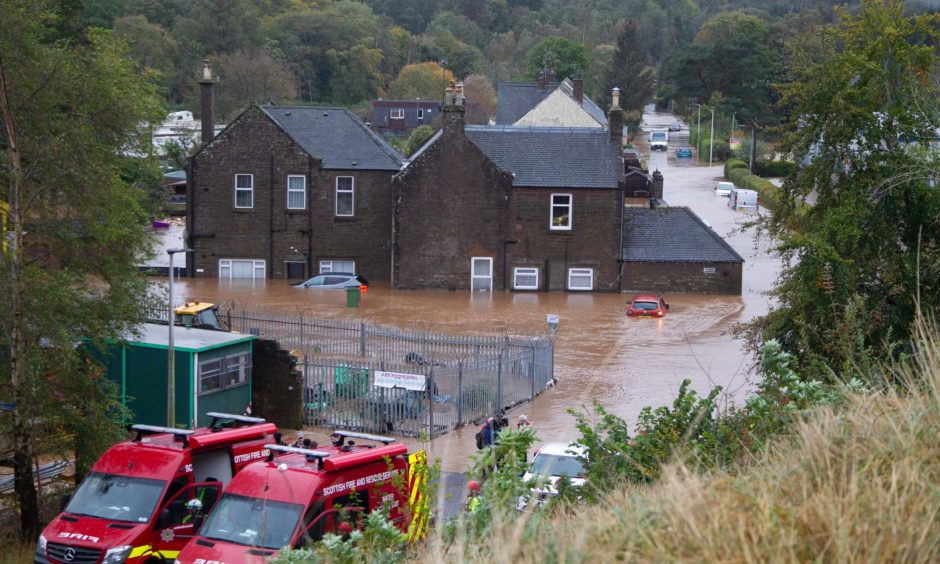
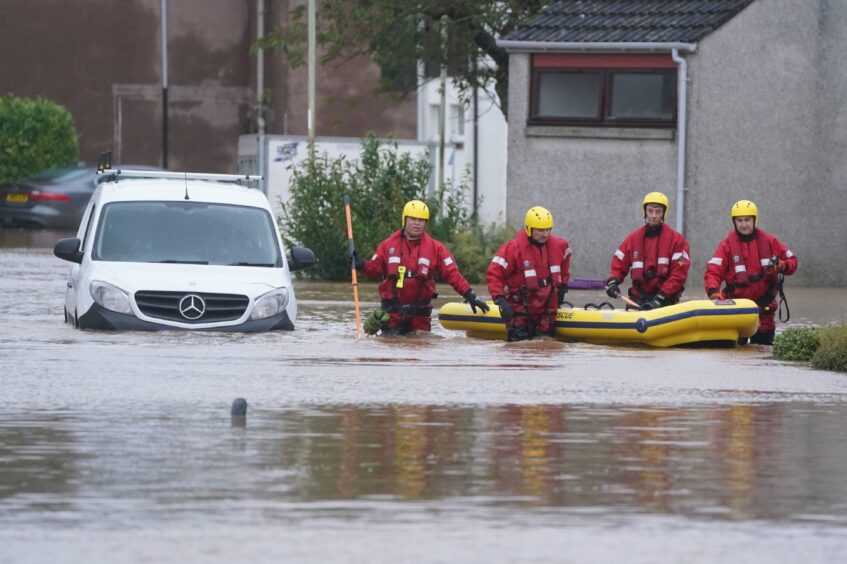
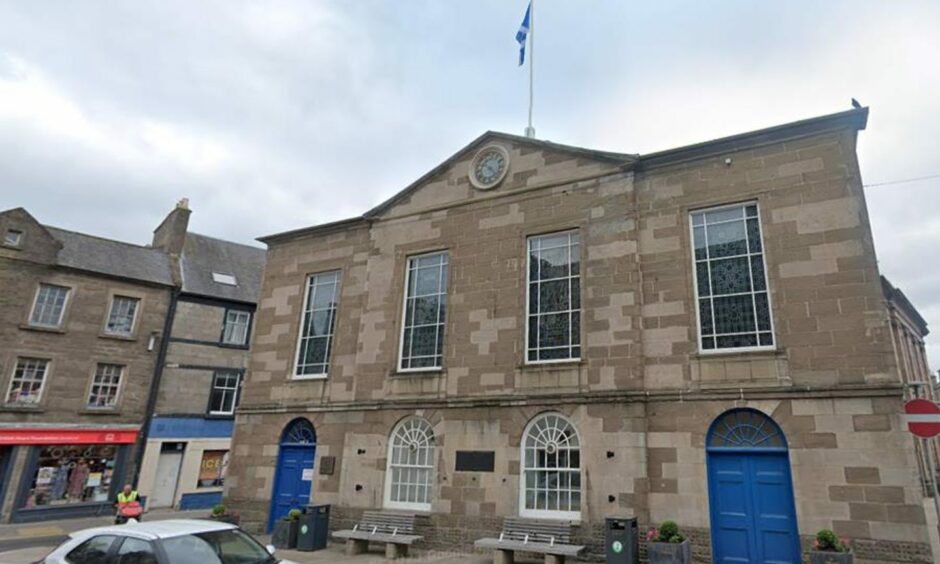
Conversation